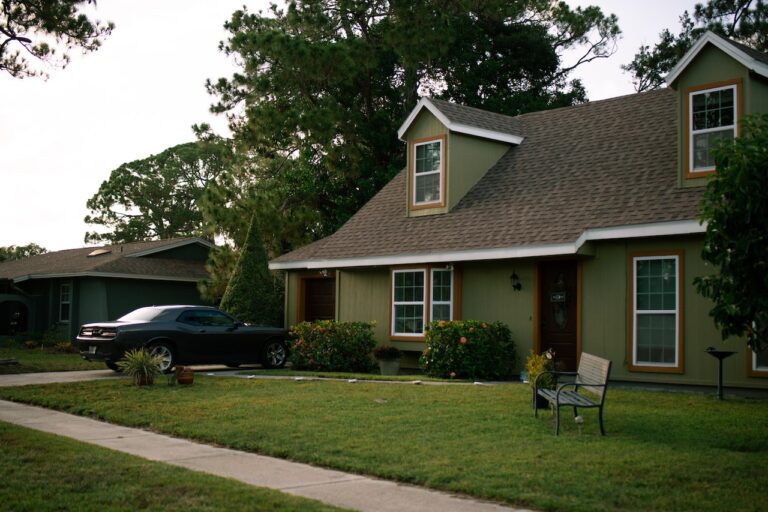Charleston, West Virginia, is a city known for its rich history and stunning architecture, boasting a plethora of well-preserved historic homes. These architectural gems, with their unique charm and significance, are not only prized possessions but also valuable assets for homeowners. However, purchasing a historic home comes with its own set of challenges, especially when it comes to title insurance. In this article, we will explore the special considerations that need to be taken into account when obtaining title insurance for historic homes in Charleston.
The Importance of Title Insurance:
Before diving into the specific considerations for historic homes, let’s first understand the importance of title insurance. Title insurance is a crucial safeguard that protects homeowners and lenders against any issues or disputes related to the property’s ownership. It ensures that the property’s title is clear, and the homeowner has the rightful ownership and legal right to transfer or sell the property.
Historic Homes and Special Considerations:
When it comes to historic homes, there are certain unique aspects that require special attention during the title insurance process. Here are a few key considerations:
- Tracing the Property’s History:
Historic homes often have a long and storied past, which means tracing their ownership history can be complex. Title insurers will meticulously examine the chain of title, going back several decades or even centuries, to ensure there are no unresolved claims, liens, or disputes that could potentially affect the property’s ownership. - Preservation Easements and Restrictions:
Many historic homes are subject to preservation easements or restrictions, which are designed to protect their architectural integrity and historical significance. These easements might limit certain alterations or renovations that homeowners can make to the property. Title insurance must address any potential conflicts or restrictions arising from these easements to avoid future legal complications. - Historic District Regulations:
Certain neighborhoods or areas in Charleston, might be designated as historic districts, imposing additional regulations and guidelines for property owners. These regulations might affect property use, zoning, or external modifications. Title insurance should account for any potential restrictions or obligations that may arise from being located within a historic district. - Undocumented Changes or Renovations:
Over the years, historic homes often undergo various changes, renovations, or additions. However, not all of these modifications might have been properly documented or permitted. Title insurance must consider any unrecorded changes to the property to ensure these alterations do not result in future legal issues. - Preservation and Restoration Costs:
Historic homes often require specialized restoration and maintenance, which can be costly. Title insurance should consider the potential financial burden associated with preserving the property’s historical features, ensuring that homeowners are adequately protected in case of unforeseen preservation expenses.
In conclusion, the purchase of a historic home in Charleston, warrants special considerations when obtaining title insurance. Tracing the property’s history, addressing preservation easements, understanding historic district regulations, accounting for undocumented changes, and considering preservation costs are all vital steps to ensure comprehensive protection and peace of mind for homeowners. By working with experienced title insurance professionals who understand the intricacies of historic homes, buyers can safeguard their investment and continue to cherish the rich heritage of their property for years to come.




